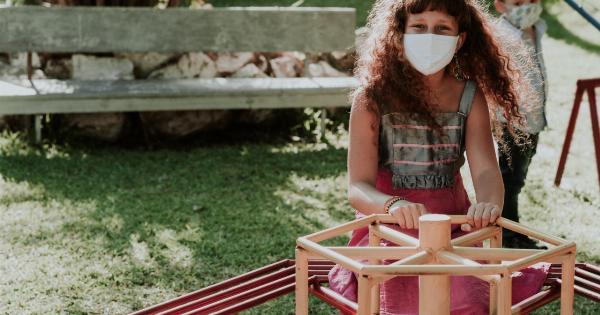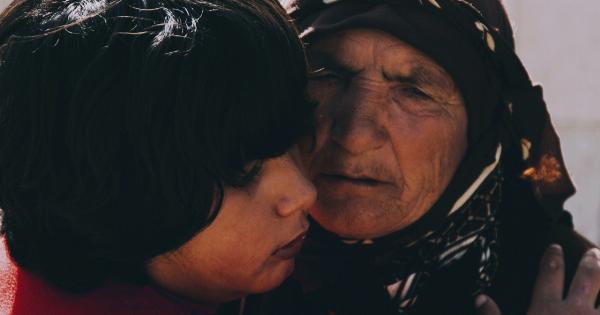Depression is a mental health condition that affects people of all ages. While it is often associated with adults, depression can also affect children. In fact, an estimated 1 in 20 children and adolescents experience clinical depression.
As a parent, caregiver, or educator, it is important to know the signs of depression in children so that you can help them get the support and treatment they need.
What is Childhood Depression?
Depression in children is similar to depression in adults in many ways. It is a mood disorder that is characterized by persistent feelings of sadness, hopelessness, and/or irritability. However, there are also some differences.
For example, children may have trouble verbalizing their feelings and emotions or may express them differently than adults. They may also experience physical symptoms, such as headaches and stomachaches, rather than emotional symptoms.
Common Signs of Depression in Children
Depression can manifest differently in children, but there are some common signs to look out for. Here are 10 signs that your child may be struggling with depression:.
1. Loss of interest in activities
A child who is normally an active participant in extracurricular activities, hobbies, or social events suddenly loses interest in these activities may be showing signs of depression.
2. Changes in appetite and sleep patterns
Depression can cause changes in appetite and sleep patterns. Your child may have difficulty sleeping or may sleep excessively. They may also experience changes in appetite, either eating much more than normal or losing their appetite altogether.
3. Persistent sadness or irritability
A child who is consistently sad or irritable for an extended period of time may be showing signs of depression. This may also be accompanied by feelings of hopelessness or helplessness.
4. Difficulty concentrating
If your child is having difficulty concentrating or has trouble focusing on schoolwork or other tasks, it may be a sign of depression.
5. Fatigue or lack of energy
Depression can cause physical symptoms such as fatigue or lack of energy. If your child appears constantly tired or has difficulty getting out of bed in the morning, it may be a sign of depression.
6. Thoughts of self-harm or suicide
If your child expresses thoughts of self-harm or suicide, it is important to take these statements seriously and seek professional help immediately.
7. Social isolation
Children who are struggling with depression may withdraw from friends and family, avoiding social situations or activities that they used to enjoy.
8. Physical symptoms
In addition to emotional symptoms, children with depression may also experience physical symptoms such as headaches, stomachaches, or general aches and pains.
9. Low self-esteem or self-worth
Depression can cause children to have a negative view of themselves, leading to low self-esteem or self-worth.
10. Behavioral changes
Changes in behavior such as increased aggression, frequent crying, or a lack of interest in personal hygiene may be signs of depression in children.
When to Seek Help
If you notice any of the signs of depression in your child, it is important to seek professional help. Talk to your child’s pediatrician, a mental health professional, or a school counselor for guidance and support.
Early intervention can make a significant difference in the treatment and management of childhood depression.
Preventing Childhood Depression
While there is no surefire way to prevent childhood depression, there are some steps that parents and caregivers can take to help promote good mental health in children:.
1. Encourage a healthy lifestyle
Make sure that your child is getting plenty of physical activity, eating a healthy diet, and getting enough sleep. Physical health and mental health are closely linked, and a healthy lifestyle can help reduce the risk of depression.
2. Foster open communication
Encourage your child to communicate their thoughts and feelings openly and honestly. Make sure that they know they can come to you with any concerns or problems they may be facing.
3. Seek professional help when needed
If you notice any signs of depression in your child, seek professional help as early as possible. Early intervention can make a significant difference in preventing depression from becoming a long-term issue.
4. Create a positive and supportive environment
Create a home environment that is positive, supportive, and free from stress and negativity. Encourage your child to pursue their interests and hobbies, and provide plenty of love and emotional support.
Conclusion
Depression can affect anyone, including children. As parents, caregivers, and educators, it is important to be aware of the signs of childhood depression so that we can provide the support and treatment that children need.
If you notice any signs of depression in your child, seek professional help as early as possible. With proper treatment and support, most children with depression can make a full recovery and go on to lead happy, healthy lives.























